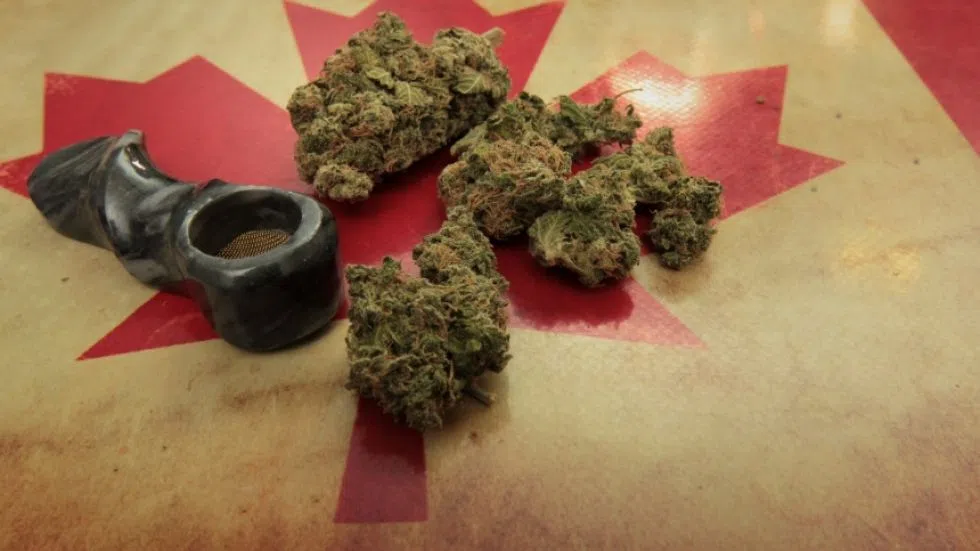
Possession charges could cause problems after pot legalization: Advocate
With Canada set to legalize recreational marijuana this summer, one still unanswered question is what will happen to the Canadians who are charged with possession, but appear in court after July 1.
Bill C-45 will allow Canadians over 18 to possess up to 30 grams of marijuana, but there are still no clear answers on whether outstanding possession charges will be stayed, withdrawn or pursued after legalization. One local advocate said the government needs to make some decisions quickly in order to avoid wasting time and taxpayers’ money.
“There has not been any clear answer to pending charges at all,” Prince Albert advocate and medical cannabis consultant Jamie Novotny said. “The federal government has absolutely not said anything about it.”
Novotny said the government is likely setting themselves up for bigger headaches in the future by ignoring the potential for problems. If the federal Crown decides charges will not be pursued after legalization, Novotny said local and provincial governments will likely have wasted a significant amount of time and money on unnecessary policing and court costs.


